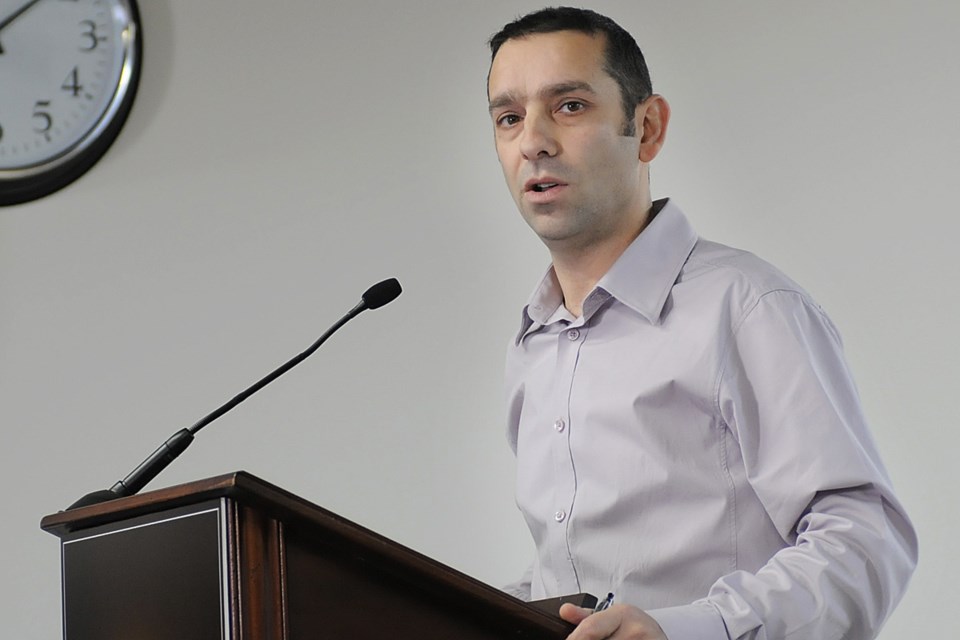“Collective impact” — it’s a new term that has emerged in the city’s efforts to tackle Vancouver’s mental health crisis.
What does it mean?
It’s a concept or framework developed by U.S. nonprofit FSG, which has created a system to organize a variety of agencies and people to agree on a common mission and lasting solution to solve a social problem.
In other words, have a collective impact.
It sounds simple enough and presumably is already in place or tried in Vancouver. But a staff report that went before city council Wednesday indicated although agencies are working to curb the mental health crisis, they have to stop working in silos so more people can be helped.
“We need to work together,” city manager Penny Ballem told council.
The evidence for a common approach is in the statistics: About 20,400 residents are living with serious mental health and addictions. At least 3,000 of those people are estimated to be at an “extremely high health risk,” with 300 in crisis.
In the Downtown Eastside alone, health officials estimate over the next 10 years, an additional 1,300 residents in that community will require mental health and addiction support. And police apprehensions of people suffering from a mental illness continue to increase as hospitals struggle to deal with demand on services.
The Bloom Group, which was formerly known as the St. James Community Services Society and manages shelters and social housing buildings, is now tasked with adopting the “collective impact” model and applying it to Vancouver.
Jonathan Oldman, executive director of the Bloom Group, said his agency is up for the challenge, which is being funded by $120,000 from the city, Vancouver Coastal Health and Vancouver Foundation.
Over the next year, at least two people will be dedicated to using the “collective impact” model, which has had success in New York and is being used in Seattle to tackle education issues, Oldman said.
When asked why his organization would take, as he said, the administrative lead in the project instead of the provincial government, Oldman said he’d prefer to put a positive light on the initiative.
“Often what happens is [the provincial government] gets looked at to take the leadership but then they get criticized for taking one route or another,” said Oldman, who emphasized the goal was to not create a new bureaucracy but a method to tackle the city’s mental health crisis. “Someone has got to pull it together.”
twitter.com/Howellings



